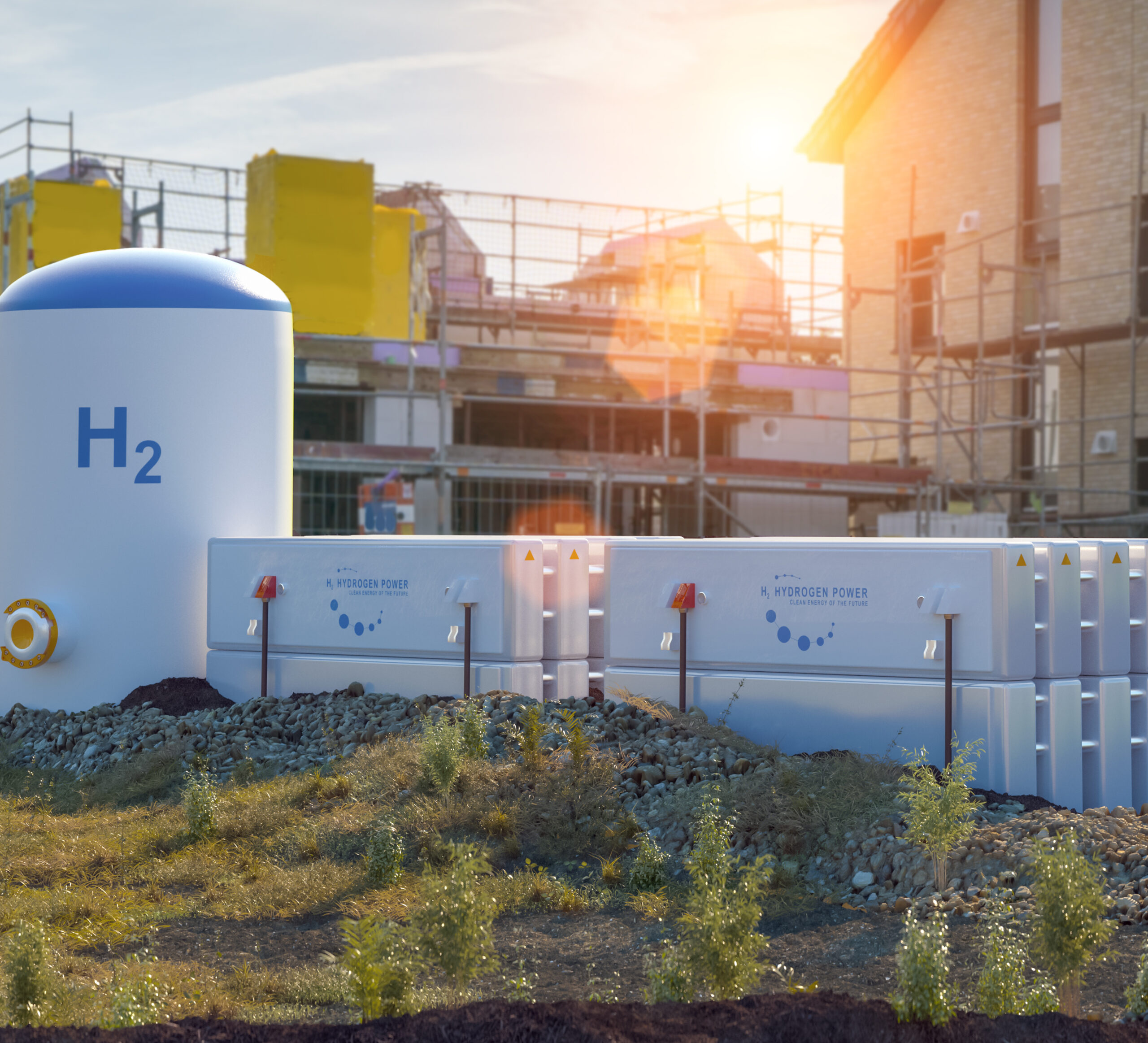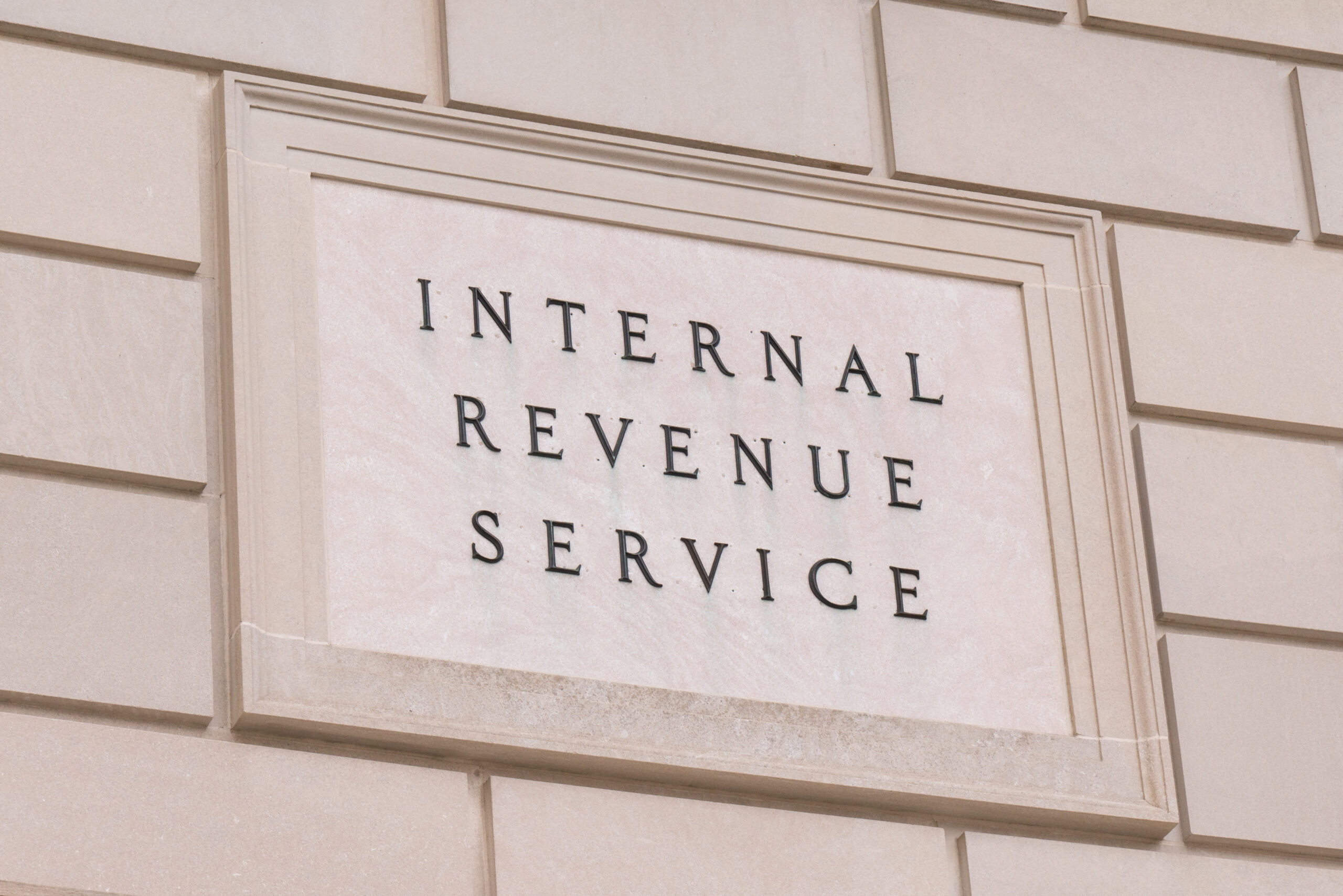
On December 22, 2023, the U.S. Department of the Treasury (DOT) released a Notice of Proposed Rulemaking (NPRM) meant to address several issues associated with the Clean Hydrogen Production Tax Credit (PTC) established via Section 45V of the Inflation Reduction Act of 2022 (IRA). This article provides a brief overview of the proposed rules.


